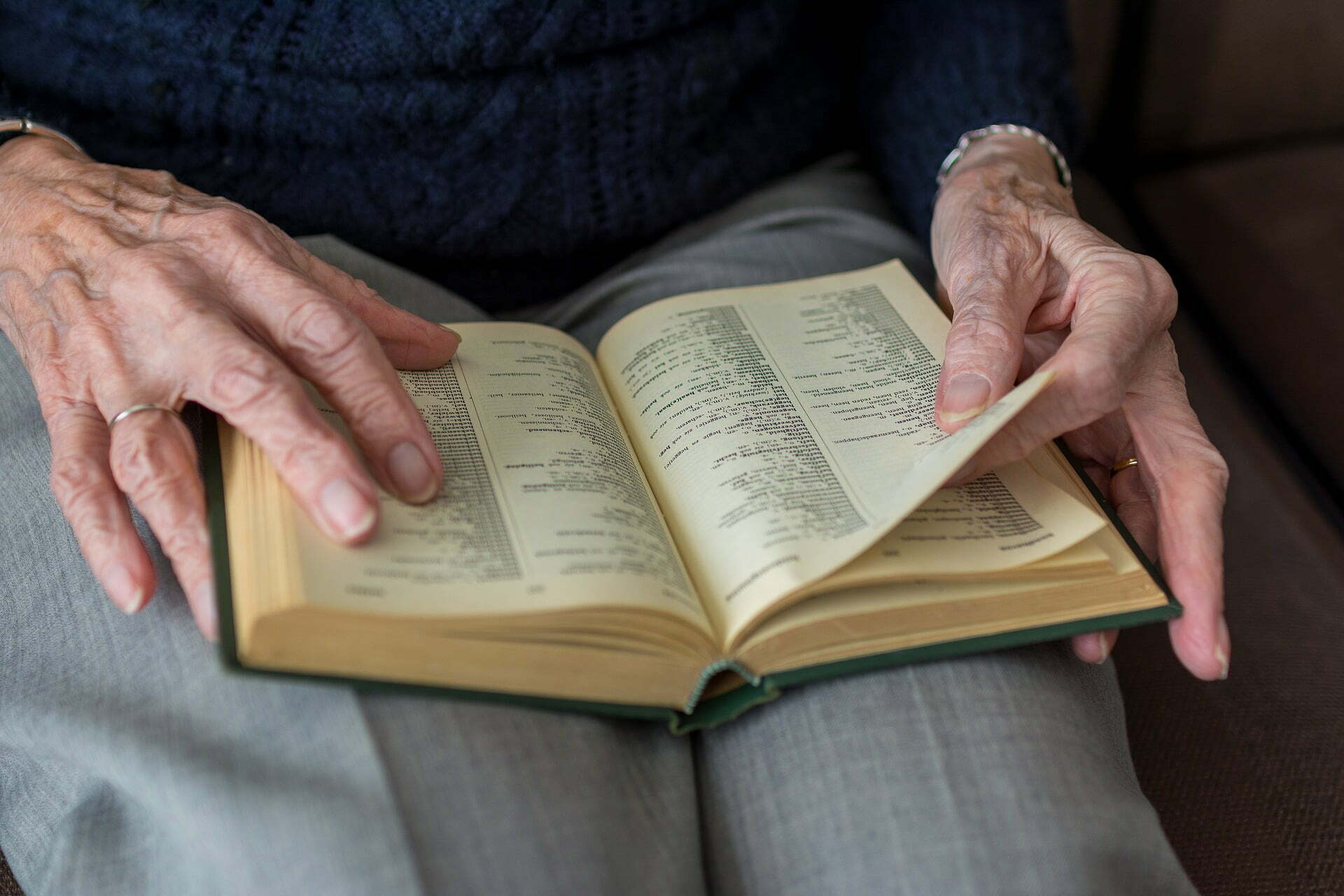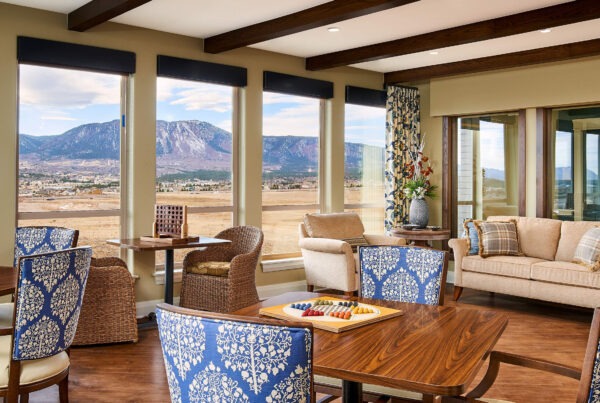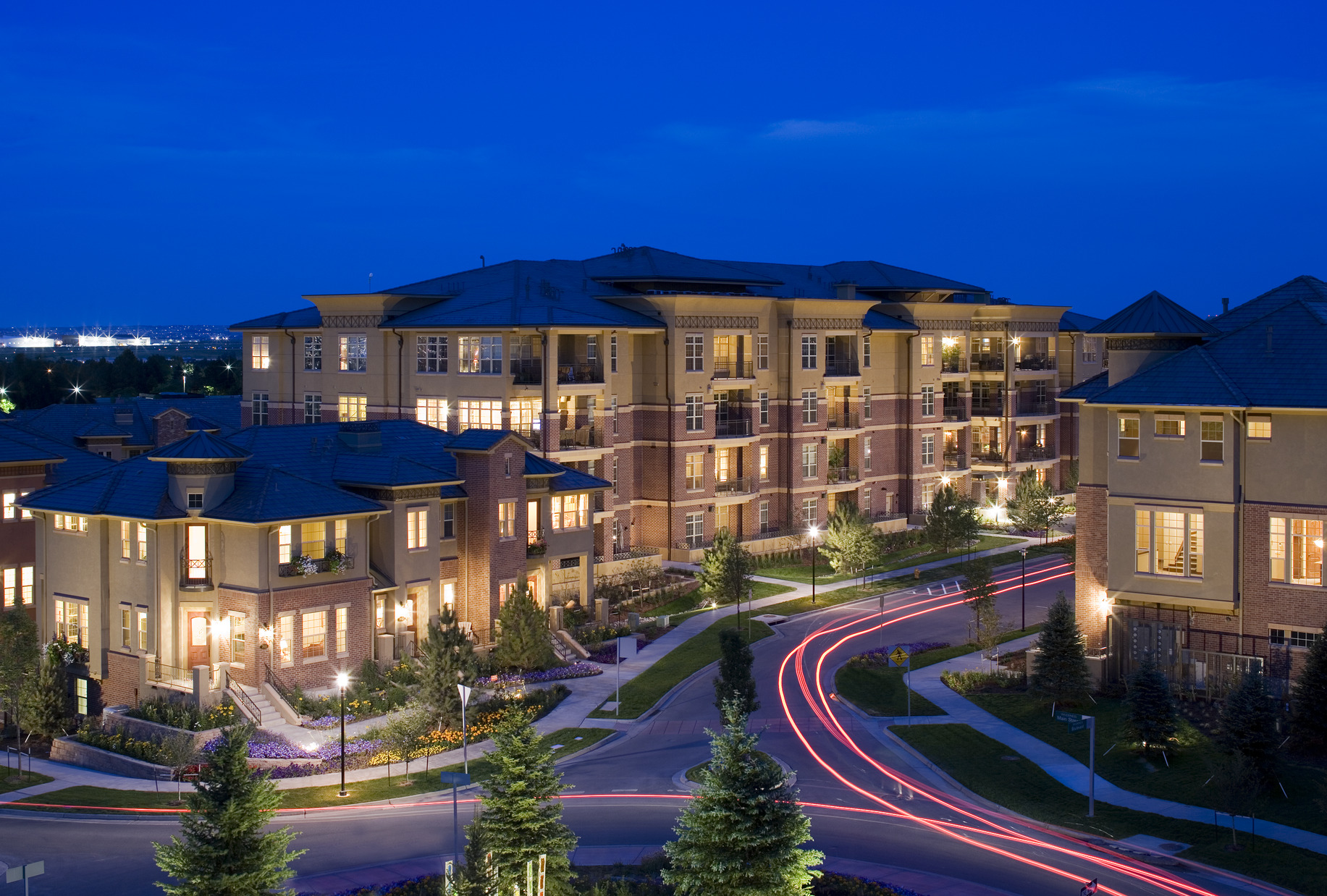Have you ever wondered what the difference between Assisted Living and Independent Living is? Or what exactly Ageism is? The Director of our Senior Living Studio, Len Segel, helps us identify and define a number of those terms. Check out the guide below!
Senior Living Terms
“Senior” – Refers to all people who are at the retirement age.
“Silver Tsunami” – Describes the substantial increase in the number of seniors. Since 2011, 10,000 Americans turn 65 every day, through 2035!
“Sandwich Generation” – Refers people who simultaneously care for their aging parents and their children. These people are usually 50-70 years old.
“Ageism” – Discrimination based on age, especially against older people.
“Aging-in-Place” – Describes a senior’s wish to avoid the disruption of moving from one type of residential community to another as their health declines. They will have services brought to them.
“Alzheimer’s Disease” – A degenerative affliction of the brain leading to loss of mental functions such as learning and memory. It most typically impacts seniors and is increasing in its occurrence.
“Medicaid” – A form of public assistance in which the government provides funds to low income people, 18 years and older, who are unable to pay for healthcare. It is commonly used to pay for the fees associated with living in assisted living or skilled nursing residences.
“Medicare” – Health insurance provided by the government for people 65 and older or those people younger who have a disability, no matter their level of income.
“Not-for-Profit” – A form of ownership of a seniors’ community in which profits are put back into improving services for the residents; often associated with religious or fraternal groups.
“For-Profit” – A form of ownership of a seniors’ community which is profit motivated; 80% of assisted living communities are ‘for profit.’
“Occupational Therapy” – A form of treatment used to return a person to regular daily activities after a debilitating medical incident like a stroke, heart attack, hip replacement, etc. Usually the emphasis is on regaining daily skills like speaking or walking.
“Physical Therapy” – Treatment used to improve the function of body movements after a debilitating injury like a car accident or a medical procedure.
“Gerontology” – The study of the effects of aging: biological, physical and social.
“HIPAA” – Health Insurance Portability and Accountability Act; The government instituted protection of hospitalized and other health care patients to safeguard personal and health information.
“Continuum-of-Care” – Describes the full spectrum of care that is available at life plan communities. These typically include independent living, assisted living and skilled nursing.
“Universal Design” – Refers to ideas that guide the creation of products and living environments to ensure that they are easily accessible to older people and people with disabilities.
Senior Living Types
Age Restricted – Housing that is typically limited to people 55 years and older.
Independent Living (IL) – For seniors who are able to live on their own in an apartment or house but who want the conveniences of living within a community that provides services and amenities such as housekeeping, social activities, dining, transportation and security. The average age of residents is 84 years.
Assisted Living Facilities (ALF/AL) – For seniors who can’t live independently; has the same services as Independent Living plus help getting medications, bathing, grooming, dressing, ambulating, and dining. 24-hour secure oversight communities that are state regulated.
Memory Care (MC) – A specialized form of assisted living for seniors who have cognitive disabilities such as Alzheimer’s Disease. Same services as Assisted Living with an even higher level of secure oversight.
Skilled Nursing Facility (SNF) – A residential setting where nurses are always on hand to provide medical attention. There are two types – short term (under 90 days) and long term.
Green House Project – A specialized form of skilled nursing that is focused on creating a home-like, nurturing setting for seniors needing health care on a long term basis.
Hospice Care – A philosophy of ‘treating’ an individual at the end of their life that provides comfort rather than medial attempts at life-saving. Can be done in one’s home or in a hospital setting.
At Home Care – Care for people who choose to stay in their homes during their retirement years.
Adult Day Care – A service for seniors who spend their days out of their homes at community centers or IL facilities that provide activities and meals.
Life Plan Community/Continuing Care Retirement Community (LPC/CCRC) – A retirement community with a combination of increasing levels of care. It can be provided in a single building or a campus of buildings that typically include independent living, assisted living, memory care and sometimes a skilled nursing facility.
To learn more about Senior Housing initiatives, contact KEPHART.






